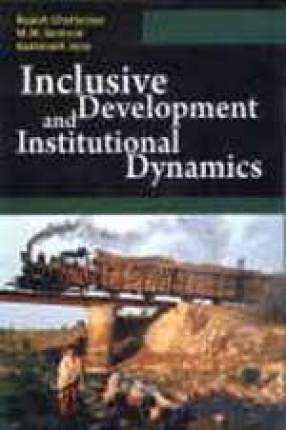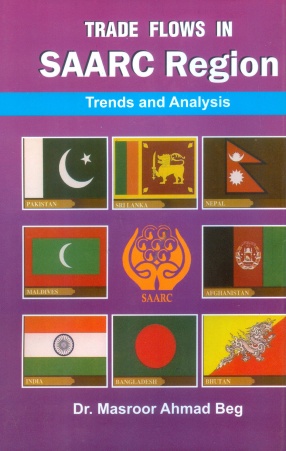It has been widely recognized that with the advent of liberalization and globalisation, India has made significant achievements in the field of agriculture, food security, rural poverty alleviation and social and economic safety net, during the last two decades. The existing policy regime, which is founded on achieving food grain self-sufficiency achieved through innovative support price to the agricultural produces and rationalizing farm subsidies (fertilizer, irrigation and power). Hence, the earlier absolute protection regime is no longer compatible with the changed environment of third phase of globalisation as the earlier policy regime is no more sustainable without working on its total efficacy on long-term basis. Therefore, there is an acute need of developing a new, sustainable and acceptable strategy for the rural India with human face.The book has mostly dealt with two key policy areas. The first is to reorient government expenditures away from subsidies toward more productivity enhancing public investments, including rural infrastructure (irrigation, rural markets, roads, electrification and drinking water) and services (agriculture research and extension, environmental conservation, land administration, education and health in rural areas). The second policy change emphasized here, is to eliminate for good, the artificial restrictions on domestic trade (storage, transport, credit controls). These changes will improve the investment climate for farmers and other socio-economic actors in rural sector that would go a long way in empowering the rural India.
Inclusive Development and Institutional Dynamics
In stock
Free & Quick Delivery Worldwide
reviews
Bibliographic information
Title
Inclusive Development and Institutional Dynamics
Author
Edition
1st ed.
Publisher
Abhijeet Publications, 2008
ISBN
8189886639
Length
x+222p., Tables.
Subjects






There are no reviews yet.